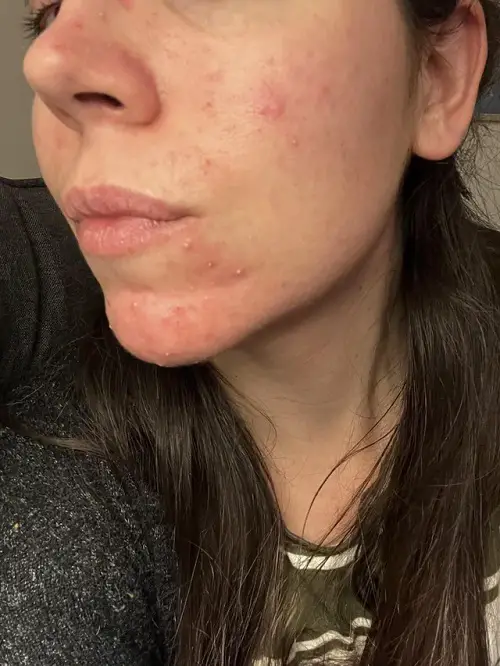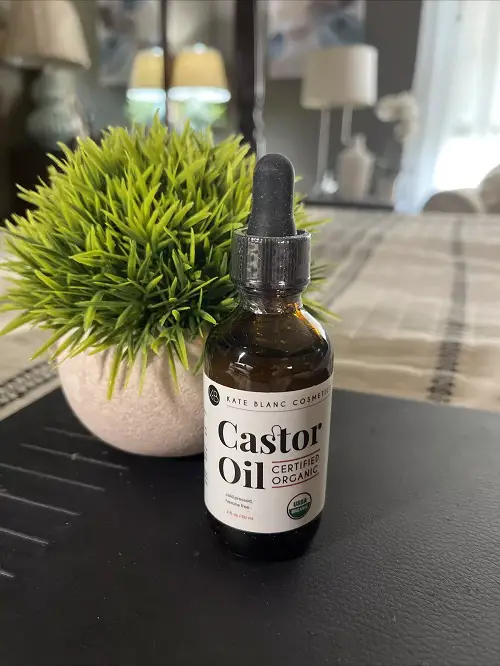Though generally safe, castor oil can sometimes cause reactions. Don’t worry; we’ll show you How To Treat Castor Oil Allergic Reaction!
Castor oil is generally a safe, natural, and inexpensive oil to use. When used appropriately and in the right dosage, castor oil does not cause side effects unless you are allergic. If you used it and it did not go well, here’s how to treat castor oil allergic reactions.
When Does Castor Oil Cause Allergic Reactions?

If you ingest more than the recommended dosage, which is 15-60 mL, you are likely to have allergic reactions to castor oil. The ricin content in castor oil can be toxic and cause cramps, nausea, and diarrhea.
But that’s not the only case. If you have sensitive or broken, irritated skin due to any injury and have used castor oil topically without doing a patch test first, there’s a chance you would experience redness, itching, dryness, hives, and exacerbated existing skin conditions and allergies.
How to Treat Castor Oil Allergic Reactions?

If you have a mild allergic reaction to using castor oil topically, the redness and irritation will likely go away on their own. However, you must stop using castor oil immediately. If the irritation is too uncomfortable, you could use ice packs or calamine lotion.
Natural remedies for skin irritation or inflammation include aloe vera gel, coconut, and tea tree oils, which can help soothe and moisturize the skin.
For more serious allergic reactions, you must consult a dermatologist so that medicines can be prescribed according to your specific case. You could try using oral histamine for itching and hives or hydrocortisone cream in case of localized inflammation.
How To Use Castor Oil Properly
- Always ensure that you are buying pure, quality, cold-pressed castor oil. Look for “cold-pressed” on the label, indicating purity and less processing.
- It is especially important to perform a patch test when using castor oil for the first time and wait for at least 24 hours for a reaction. If there is no reaction, you can use castor oil topically. Otherwise, don’t use it.
- Avoid using castor oil on broken skin or when you have an existing skin condition, such as dermatitis or eczema. If you do need to use castor oil, consult with your dermatologist or healthcare professional beforehand.
That’s it! Just follow these simple tips on using it correctly, and you’ll be fine. If anything severe happens, take the advice of a medical professional or doctor.

